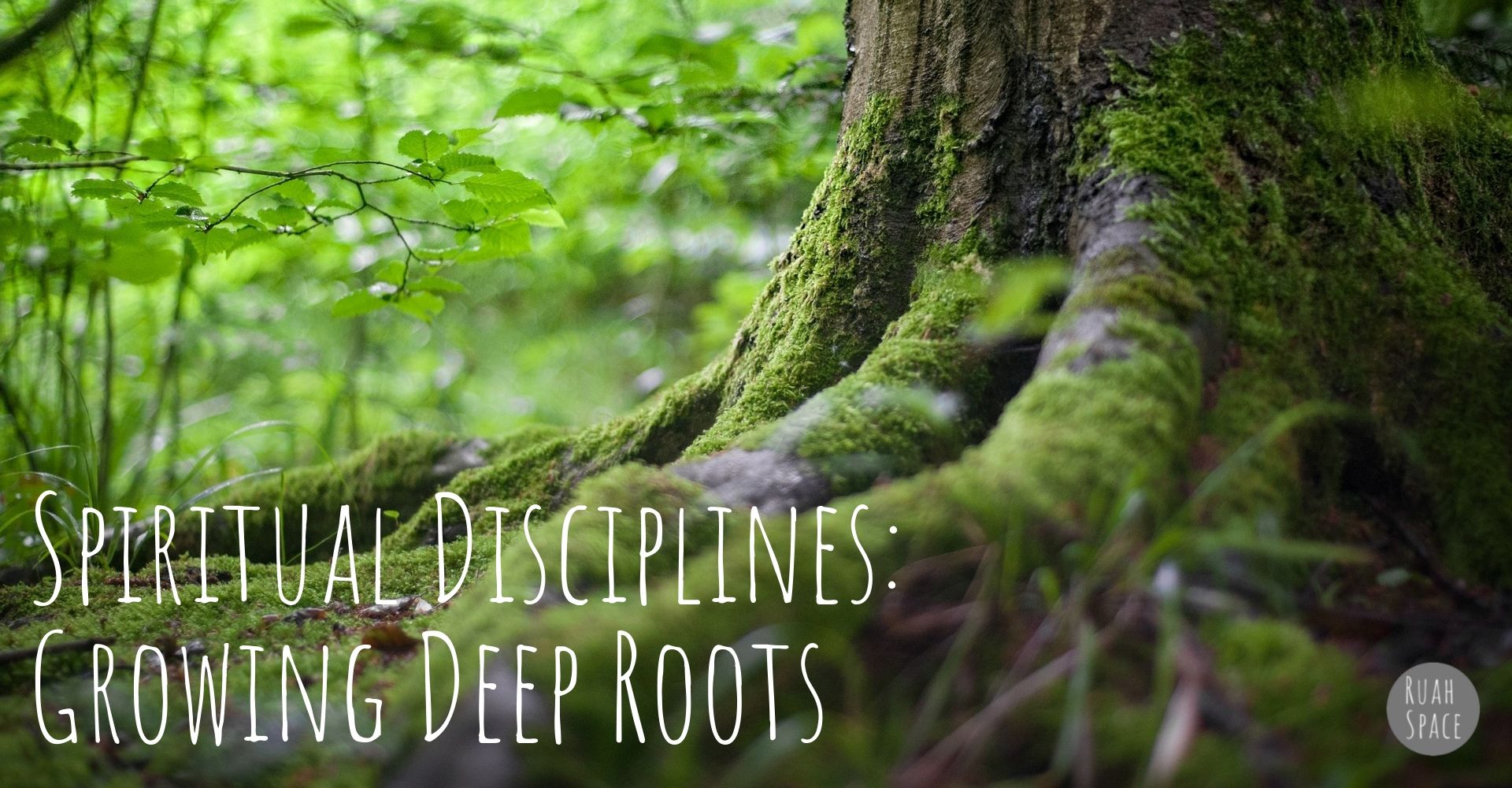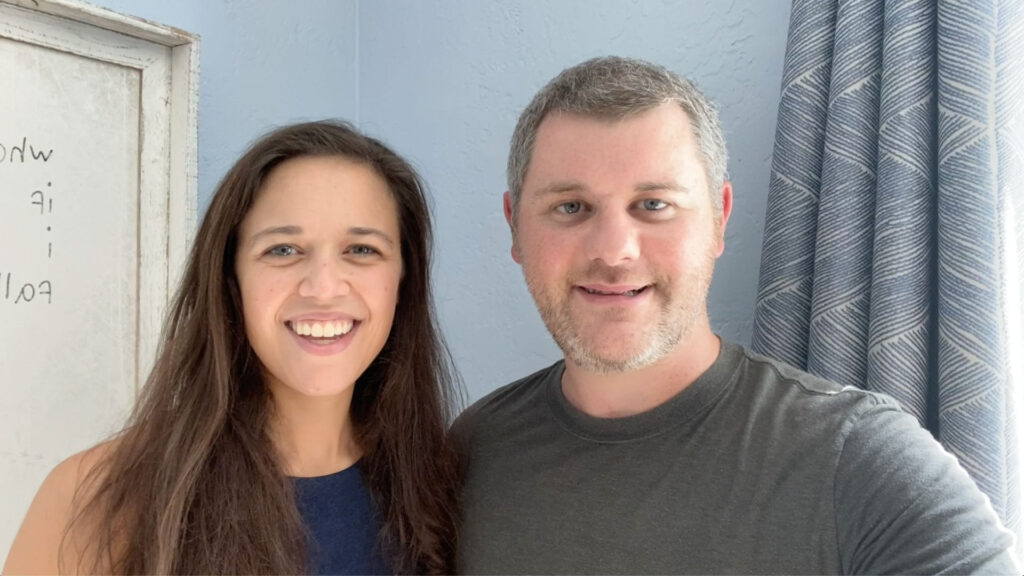One of my favorite teachings of Jesus is a parable found in Mark 4. In this parable, often called the Parable of the Sower, Jesus tells us about a man who sows seed that falls upon four different types of soil. He says: “As he sowed, some seed fell along the path, and the birds came and devoured it. Other seed fell on rocky ground, where it did not have much soil, and immediately it sprang up, since it had no depth of soil. And when the sun rose, it was scorched, and since it had no root, it withered away. Other seed fell among thorns, and the thorns grew up and choked it, and it yielded no grain. And other seeds fell into good soil and produced grain, growing up and increasing and yielding thirtyfold and sixtyfold and a hundredfold.”[1]

What’s interesting to me is that the story isn’t really about the sower, even though we usually name it after him. It’s much more about the different types of soil the seeds fall on.
Types of Soil
Jesus explains to His disciples a few verses later that the different types of soil represent our lives. Three of the types of soil don’t produce a crop. Basically, the Word of God doesn’t end up taking root in the person’s life and doesn’t have much of an impact.
Sometimes the Word of God never sinks in. Or it is really shallow and quickly disappears when difficult times come. Or it gets choked by the cares of the world, such as trusting in wealth or the belief that things of the world can satisfy the desires of the heart. In every case, the Word doesn’t bear fruit because the soil conditions weren’t right.
In the case of the fourth type of soil, however, Jesus says that the conditions of this person’s life end up bearing fruit many times over.
The question then becomes, what makes the different types of soil? Is it just random which soil type we are? Is it something we can control? How do we create the conditions of the fourth type of soil that produces an abundant crop which represents a life of joy, peace, legacy, presence, and love?
Minds and Bodies
I don’t think it’s an accident that Jesus uses a farming metaphor when describing our lives. The process of planting a seed and growing a plant is a physical one that is all about dirt, sun, water, and air. Every part of it is physical.
It’s easy when we think about our faith to keep it in our minds. As if our relationship with God is mainly about what we believe theologically and how we think about certain issues. It’s tempting to think that if we can just think the right way, learn enough of the Bible, and study theology our lives will look more like Jesus. And while what we believe matters, the problem is that our lives aren’t just what we think. Our lives are what we live and experience.
When God created humans, God formed them out of the dirt and calls their physical existence good. Jesus even references back to this in the Parable of the Sower by referring to us as the soil (aka dirt) that God’s Word is planted in. So, while our minds our important, we are also very physical beings.
Our bodies and what we do with them matters. Our actions, habits, and practices are going to shape us. They create the soil conditions of our lives. From how we spend our time to the clothes we wear, the music we listen to, the shows we watch, the jokes we tell, the work we do, and what we buy from where, it’s all shaping us. There are no neutral actions. Literally everything you are doing all day is creating the soil conditions of our lives.
Intentional Practices: Spiritual Disciplines
If we are going to be a soil where God’s Word can flourish and our lives can produce fruit like Jesus, we are going to have to be intentional. Good soil for farming takes effort. It’s not enough to sit in a worship service for an hour each week to sing a few songs and hear a sermon. That is a meaningful and necessary practice, but during the rest of the week our culture is promoting habits, ads, ideas, and desires that are shaping us.
This is why Jesus warns about “the cares of the world and the deceitfulness of riches and the desires for other things.”[2] If we aren’t careful, our practices in our everyday lives can shape us in ways that choke out the healing and hopeful Word and way of God that offer us true life. Now, this isn’t to say we shouldn’t watch TV, have a job, or buy stuff. It’s that we need to be aware of how these practices shape us so we can engage them in healthy, life-giving ways. We need to intentionally seek habits and practices that shape us more into who we truly want to be and intentionally create space for them. Doing that will connect us in deeper ways to God, ourselves, and the desires that truly matter. What you make space for will grow. What you practice will shape who you become.
This is where the spiritual disciplines come in. Practices such as prayer, fasting, meditation, service, solitude, gratitude, and others aren’t simply nice things that we add in on top of everything else when we have time. They are essential to creating the conditions for us to become who God made us to be. And, ultimately, who we truly desire to be! These practices intentionally orient us toward God, the Kingdom of God, the teachings of Jesus, and the life we are created to live. They create the soil conditions for deep roots to grow and produce good fruit.
What Type of Soil Are You?
So, the question becomes, what type of soil are you? How are your daily rhythms, practices, and engagements shaping you? Do your practices help create a world of greater shalom and joy for you and others? Are you creating the intentional space to grow your relationship with God and create soil where you can flourish? Our desire at Ruah Space is to be a space where we can explore these soil creating practices together and help one another become the type of soil that yields grain.
May you take a step back to explore the soil of your life. What have you given space to through your practices and habits? What needs more space? What needs less?
May you discover that God is a good sower who desires to plant seeds in your life that will grow abundantly and produce bumper crops of peace, joy, and love.
- [1]The Holy Bible: English Standard Version (Wheaton, IL: Crossway Bibles, 2016), Mk 4:4–8.
- [2]Mark 4:19 (ESV)





